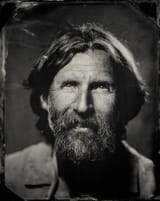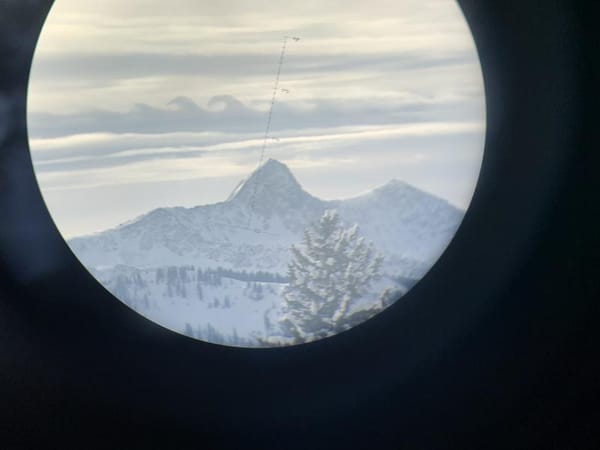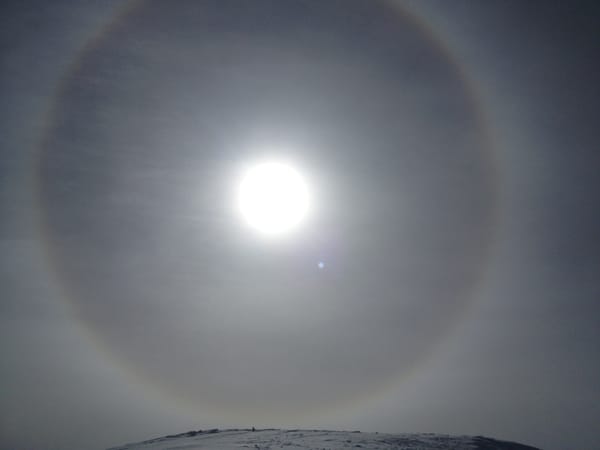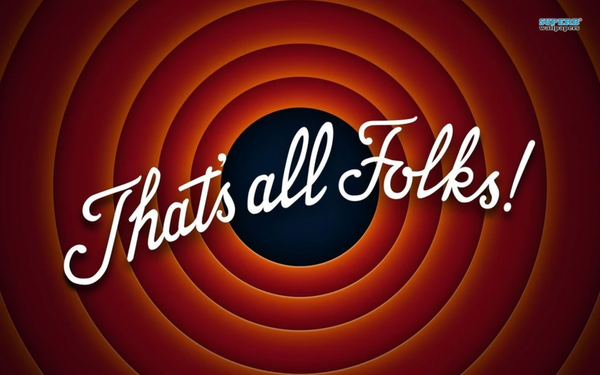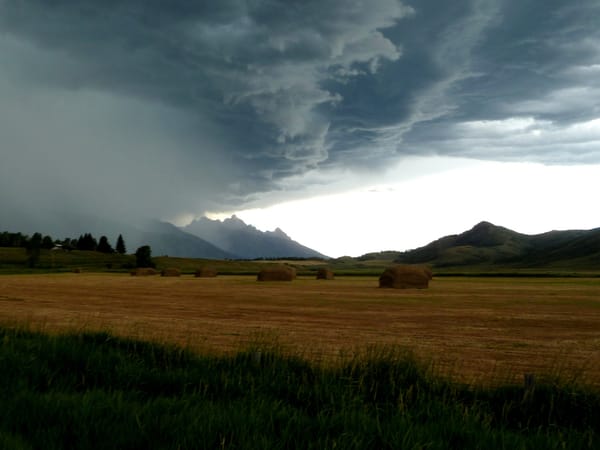Are You Resilient?
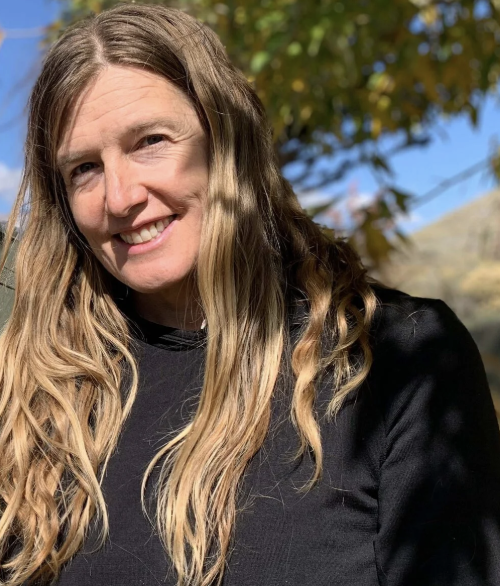
I didnt mean I'd seen everything, John Grady said.
I know you didnt.
I just meant I'd seen things I'd as soon not of.
I know it. There's hard lessons in this world.
What's the hardest?
I don't know. Maybe it's just that when things are gone they're gone. They aint comin back.
(from McCarthy's Cities of the Plain)

(Missoula Guardian, aftermath of the Mt Jumbo avalanche fatalities)
Thanks for tuning in. This week I want to spend some time on emotional health; traumatic stress, resilience. Just well being.
~~~~~~~~
A few years ago, I was sitting in the back of the room at the main lodge of Snowbird in Utah. In the winter I work as a forecaster at the Utah Avalanche Center, and each fall we host the Utah Snow and Avalanche Workshop. Dave Richards, head of Alta Ski Area’s snow safety and avalanche reduction team, stood on stage talking about mental health and post-traumatic stress disorder. He showed photo after photo of the anonymous frozen and mangled bodies he had recovered over the course of his career. Dave said he suffered greatly from all the recoveries and that, at one point, he had needed to take some time off.
I was shocked, but not at his emotional trauma.
Dave was talking openly about mental health and resiliency. He wasn’t sweeping it under the rug. Dave comes from a hardcore mountain family—his father is a longtime climber and now retired ski patroller from Alta, and his brother, Cory, is the center of Cold, a documentary about surviving an avalanche while descending Gasherbrum II in Pakistan. But this was a stroke of genius. By detailing his struggles in front of 700 snow and avalanche professionals, Dave kicked open the door for the rest of us to talk about mental health. Like many things, it wasn’t just the message but the messenger.
~~~~~~~~
Nearly all of the people that I spoke to in the military, law enforcement, fire, EMS, and search and rescue signed up because they want to help and give back to their communities. But almost inevitably they see things that they are not prepared to see. This is not limited to those who earn a paycheck. It includes many who enter into the alpine and avalanche world.
I wrote about my own experiences as a climbing ranger previously: you'll find I Am That and Life, Death, and PTSD as a Ranger in the Tetons on the site. My point in the latter essay is that I was not affected by PTSD in part because of the strong fabric of our climbing community there. And for this I am eternally grateful.

Now, many public safety agencies and SAR teams embed mental health specialists into their incident command structure. We understand that mental health and physical health have many parallels. And we've learned a great deal about what is effective for individuals and teams and we have started to use a common language to describe mental health. For that, we owe a great deal to Laura McGladrey and many others. You'll see Laura describe the stress continuum below. After all, stress and resiliency are - like life itself - in shades of gray.
